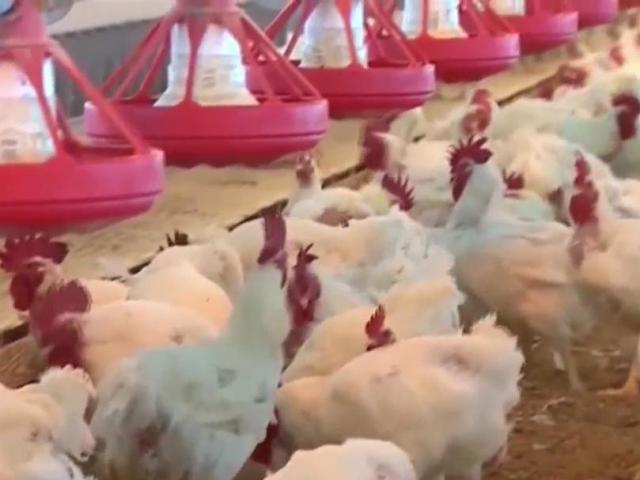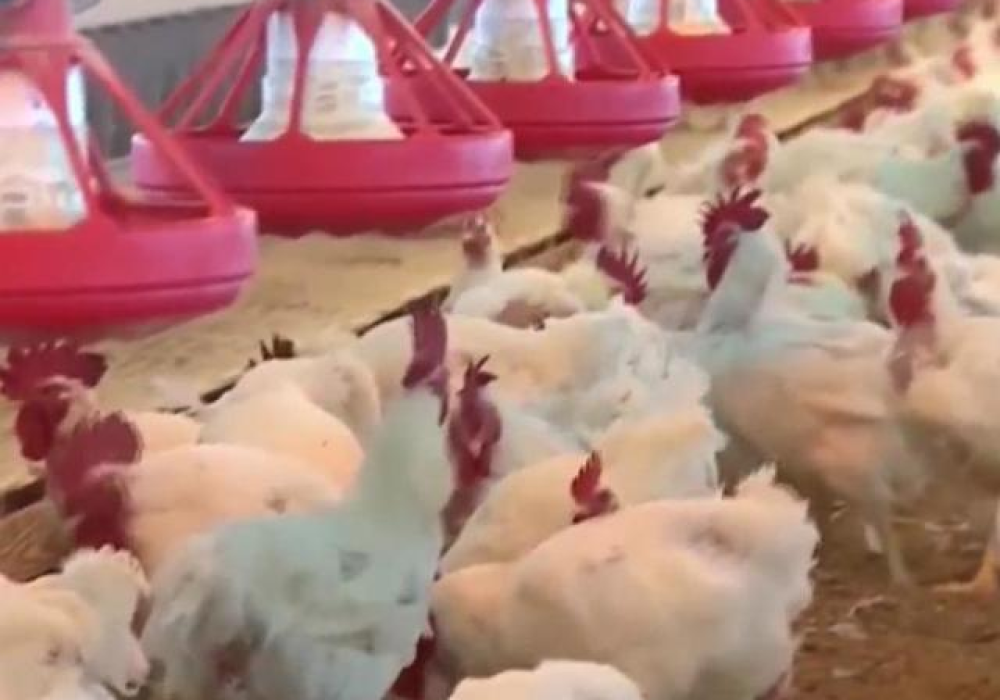By Laura Leslie, WRAL capitol bureau chief
Asheboro, N.C. — The North Carolina Zoo announced Tuesday it’s closing its aviary to visitors after wildlife officials reported a highly dangerous strain of bird flu has been found in the state.
A “highly pathogenic” and deadly strain of bird flu, carried from Europe by migrating waterfowl, has been found in 40 birds shot by hunters in North Carolina.
This strain of H5N1 bird flu is the same one that caused the biggest bird flu epidemic in history in Europe.
Wildlife officials have been ramping up testing of birds shot by hunters – and they found the virus in Hyde County late last month.
A major potential threat to North Carolina’s poultry
One major concern is the state’s poultry industry – and wild bird populations are also at risk. This deadly strain kills about 75% of birds exposed to it.
State veterinarian Dr. Michael Martin says the poultry industry learned a lot from the last US outbreak in 2015, when millions of birds had to be killed. He’s hopeful for a better outcome this time.
“We worked collaboratively with our industry partners on biosecurity plans, even before this virus came into our state. So we are much better prepared right now than we had been back in 2015,” he said.
State agriculture officials are urging anyone who keeps chicken or other birds to keep them indoors as much as possible for the next month, and to try to keep them away from wild waterfowl.
State wildlife biologist Joe Fuller says backyard songbirds are not at high risk – but rather scavenger birds like crows, buzzards and some hawks.
For now, he says, it’s safe to leave your birdfeeders out.
Should humans be concerned about transmission?
Martin says the virus is not of human concern at this time.
“There are no humans that have been identified in the United States that have gotten infected or sick,” he said. “And your food is safe. This is not something that is transmitted through food.”
When will the North Carolina Zoo reopen its aviary?
The zoo’s director of animal health Dr. Jb Minter says closing the aviary is a precautionary measure. Currently, none of the birds at the Zoo are showing any clinical signs of the disease.
“Closing the Aviary is a preventive, precautionary measure to protect all our bird species at the Zoo as the disease can spread very quickly and is often fatal to them,” he said. “The disease has so far only been found in a very few wild birds in North and South Carolina.”
The zoo will work with the N.C. Department of Agriculture and the USDA to determine when it can safely reopen the Aviary habitat.
The zoo will immediately test its birds that show any clinical signs of illness, which includes sneezing, coughing, lack of energy and poor appetite.
In addition, to protect all its bird species onsite, the Zoo has increased biosecurity for its staff, such as restricting only certain teams to work with the Zoo’s birds.













